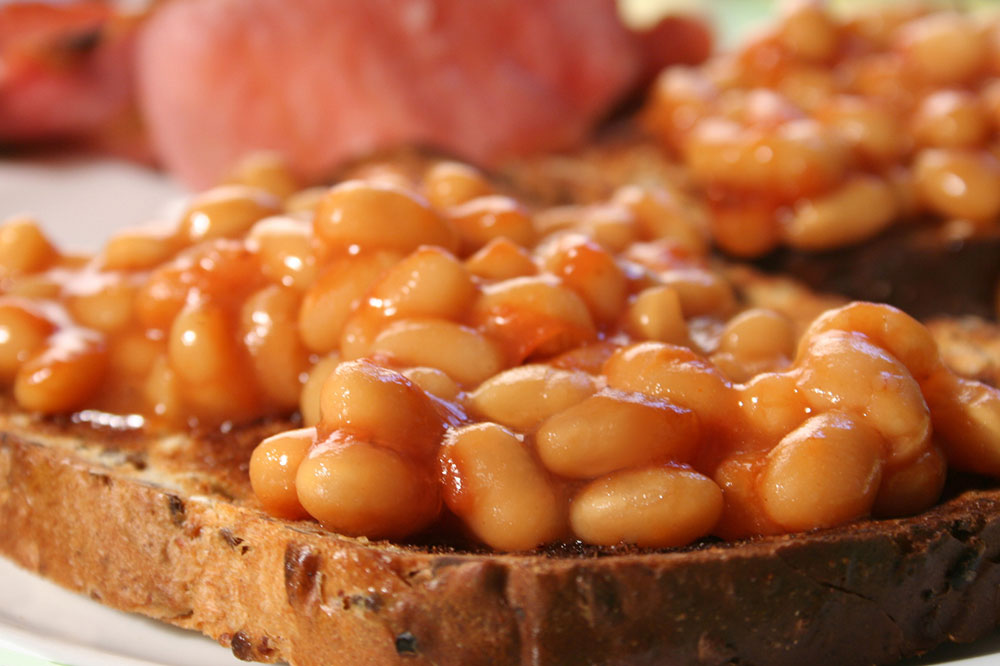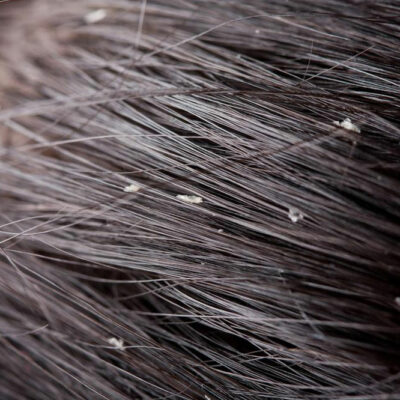
Effective Dietary Tips for Ulcerative Colitis
A bowel disease that causes inflammation in the lining of the large intestine, Ulcerative Colitis or UC, leads to the formation of ulcers on the colon. Approximately 700,000 Americans live with a form of Ulcerative Colitis that is characterized by periods of remission and flare-ups. While dietary habits cannot completely cure the condition, eating right does help manage the symptoms. Given below are a few dietary tips for ulcerative colitis that you can follow to reduce the severity and occurrence of the symptoms.
- Avoid fatty foods
One of the dietary tips for ulcerative colitis is to reduce the intake of fatty food items. It is theorized that fatty foods increase the chemical mediators for inflammation. These chemical mediators are compounds that can trigger or worsen inflammation. However, it is recommended to eat healthier fats such as those present in salmon, nuts, seeds, olive oil, and other food rich in omega-3 fatty acids. When it comes to protein, choose lean meats like chicken, turkey, etc. over red meat. - Eat smaller meals throughout the day
Instead of eating three large meals per day, you can eat smaller bites every 2-3 hours, especially if you are experiencing a flare-up. Doing so prevents the gastrointestinal system from being overwhelmed. Among the best dietary tips for ulcerative colitis is to divide your meals into six portions instead of three and eat half of what you would eat for breakfast, lunch, or dinner. - Keep a food journal
A food item does not affect two people suffering from UC the same way. What might trigger a flare-up in one person might not hurt the other. Therefore, one of the best dietary tips for Ulcerative Colitis is to keep a food journal detailing what you are eating, how much and when, and what effect the food has on you. This food journal can also be combined with a FODMAP diet where certain carbohydrates are eliminated from your diet and reintroduced to check for triggers. - Consume nuts in moderation
While eating nuts like almonds, walnuts, etc. is recommended for those suffering from UC, you need to be careful not to overdo it. Nuts are an excellent source of fiber, unsaturated fats, linoleic acid, and protein. Research suggests that while linoleic acid is good for those with UC, overconsumption leads to the digestive tract’s inflammation. The high fiber content can also be a cause of irritation in the intestines. - Cut back on caffeine and alcohol
Those suffering from UC should reduce their alcohol and caffeine intake. Some items that contain caffeine include tea, coffee, energy drinks, sodas, chocolate, and more. Caffeine and alcohol tend to irritate the gastrointestinal lining. Furthermore, these drinks can lead to bloating and gas, which can make flare-ups worse. - Reduce your fiber intake
Grains, beans, cruciferous vegetables, leafy greens, and other food items rich in fiber can be hard for your digestive system to break down. Therefore, it is advised you follow a low-fiber diet during UC flare-ups. It helps reduce abdominal pain, cramping, and diarrhea. While it’s best to reduce the fiber intake, you do not have to reduce the number of nutrients. For example, you can make smoothies out of vegetables instead of consuming them whole or eating peanut butter, etc. instead of actual nuts.


